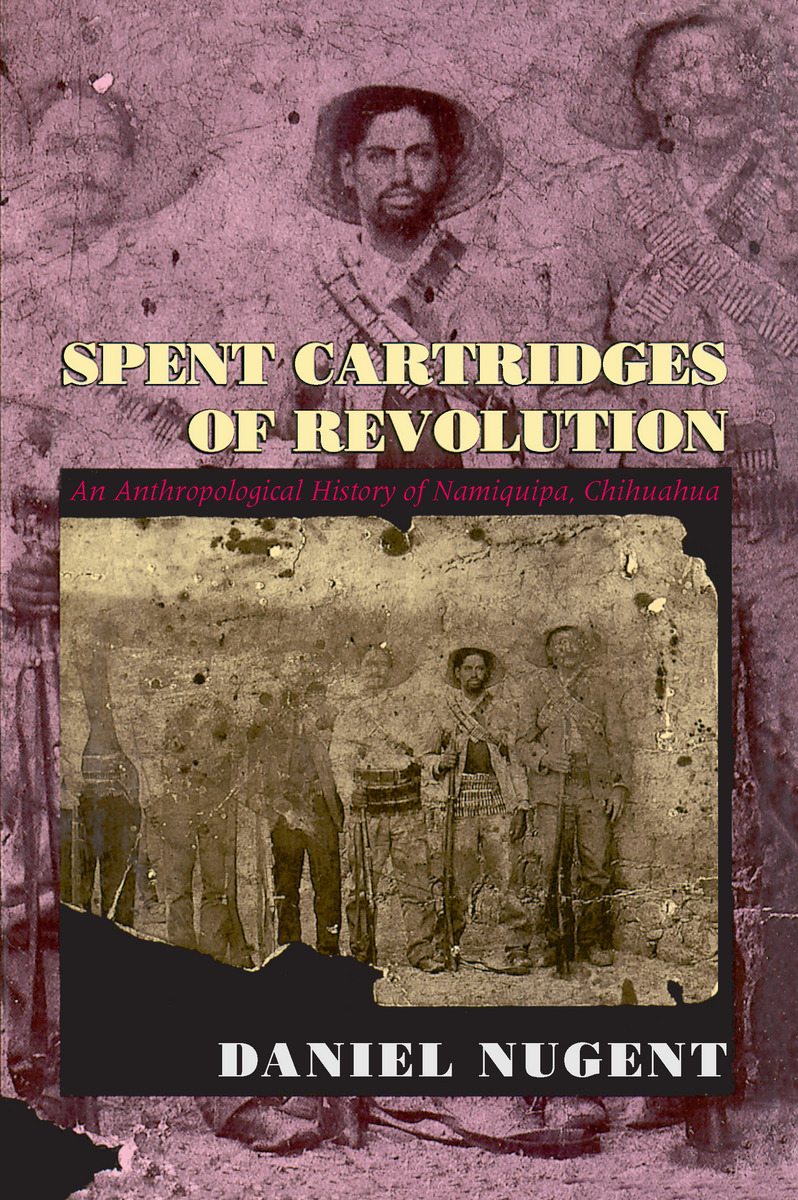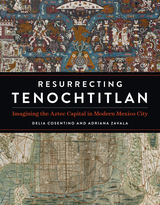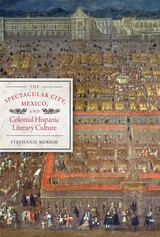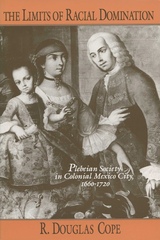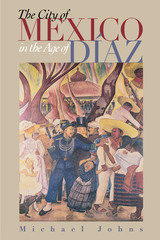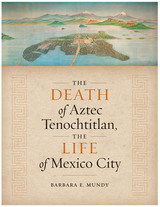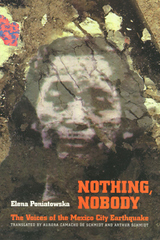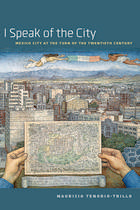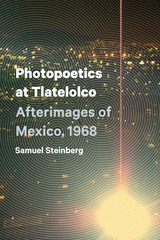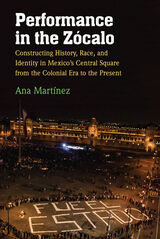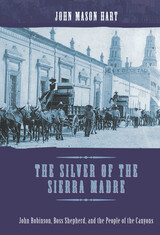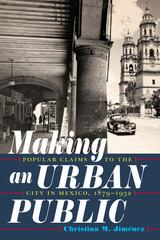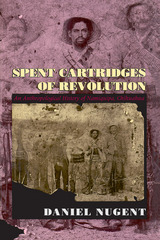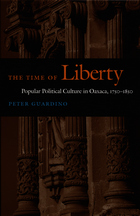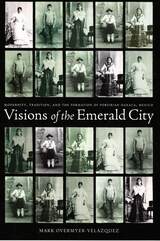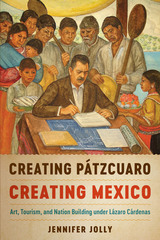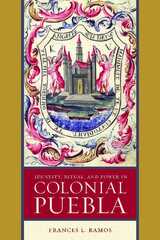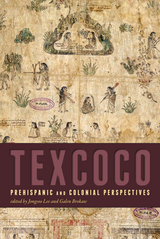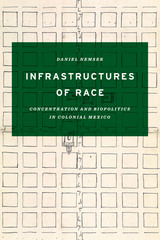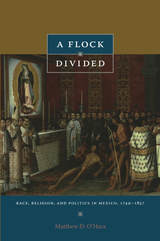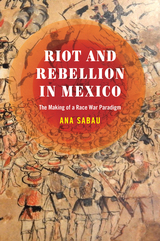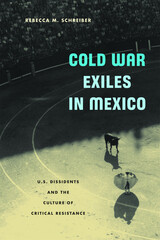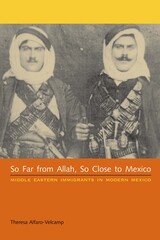Spent Cartridges of Revolution: An Anthropological History of Namiquipa, Chihuahua
University of Chicago Press, 1993
Paper: 978-0-226-60742-9 | Cloth: 978-0-226-60741-2
Library of Congress Classification F1391.N15N8 1993
Dewey Decimal Classification 972.16
Paper: 978-0-226-60742-9 | Cloth: 978-0-226-60741-2
Library of Congress Classification F1391.N15N8 1993
Dewey Decimal Classification 972.16
ABOUT THIS BOOK | TOC | REQUEST ACCESSIBLE FILE
ABOUT THIS BOOK
What happens to a revolutionary town after the revolution? This apparently simple question frames Spent Cartridges of Revolution, an anthropological history of Namiquipa, Chihuahua, Mexico. Officially, the revolution of 1910-20 restored control over land and local politics to the peasantry. But Namiquipan peasants, who fought alongside Pancho Villa, have seen little progress and consider themselves mere "spent cartridges" of a struggle that benefited other classes.
Daniel Nugent's approach combines an emphasis on peasants' own perceptions of Mexican society after the revolution with an analysis of the organization and formation of state power. He shows that popular discontent in Chihuahua is motivated not only by immediate economic crises but by two centuries of struggle between the people of Northern Mexico and the government.
Daniel Nugent's approach combines an emphasis on peasants' own perceptions of Mexican society after the revolution with an analysis of the organization and formation of state power. He shows that popular discontent in Chihuahua is motivated not only by immediate economic crises but by two centuries of struggle between the people of Northern Mexico and the government.
See other books on: Ethnohistory | Land reform | Peasantry | Peasants | Revolution
See other titles from University of Chicago Press
